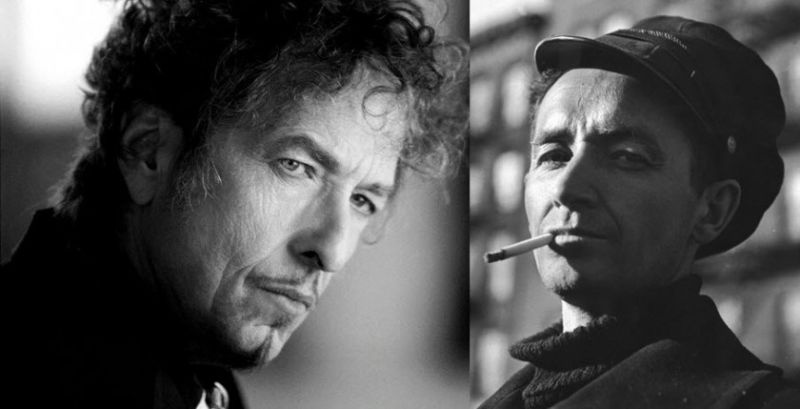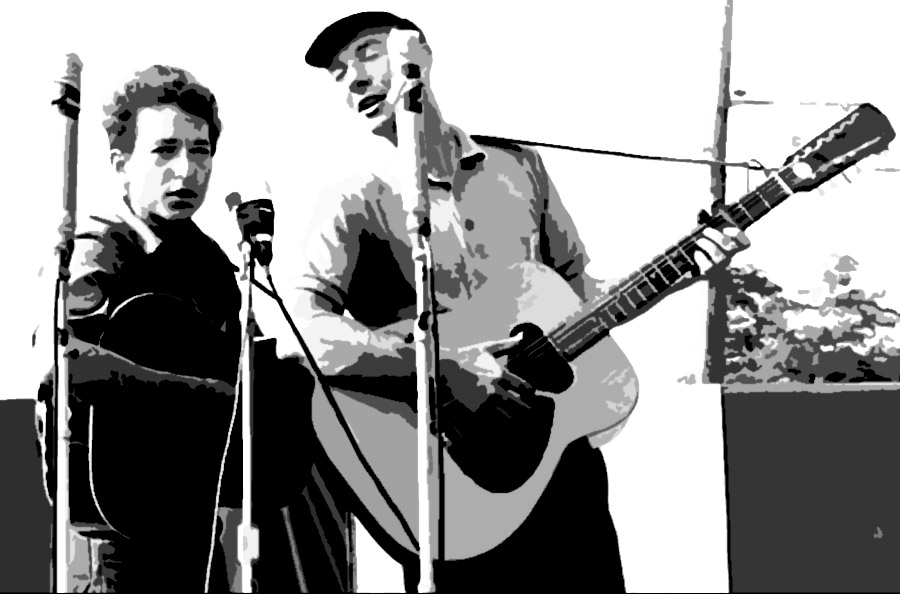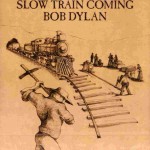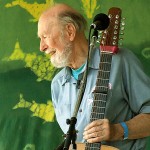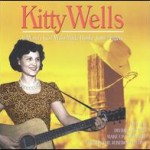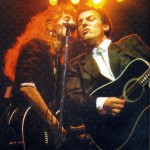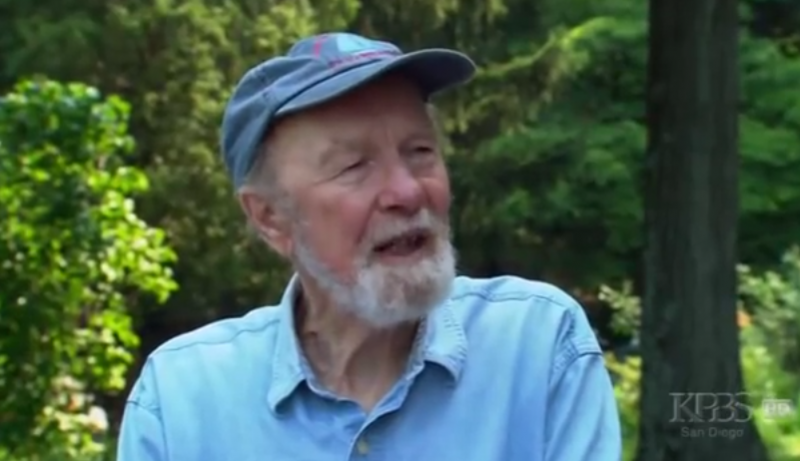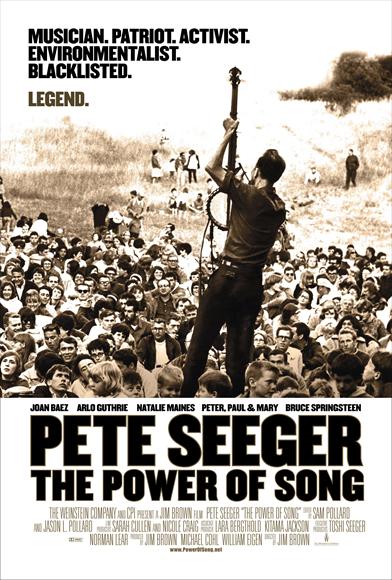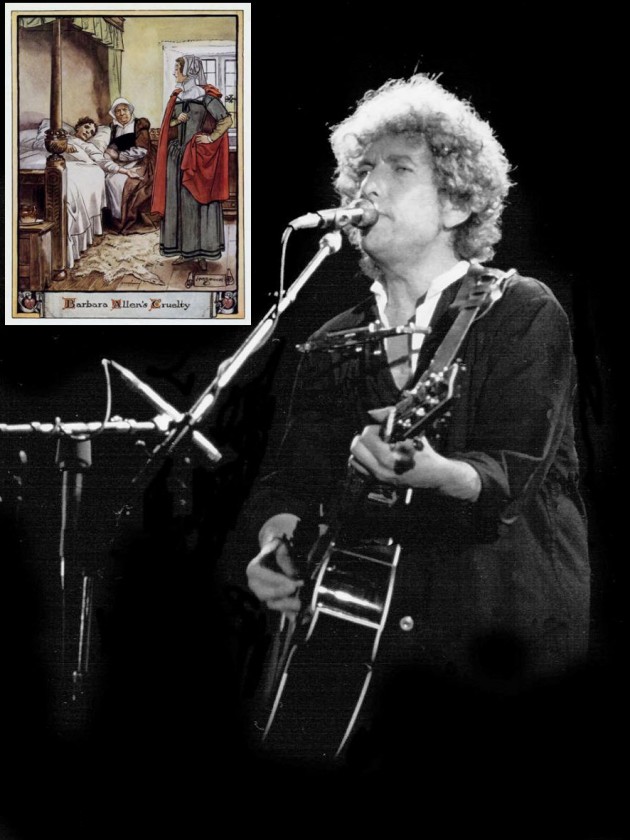[vc_row][vc_column][vc_message message_box_color=”mulled_wine” icon_fontawesome=”fa fa-quote-left”]Come round you old time cowboys, and listen to my song
Please do not grow weary, I will not detain you long
Concerning some young cowboy, who did agree to go
Spend the summer pleasantly on the trail of the buffalo
–
Well I wrote that song to the tune of Buffalo Skinner. An old cowboy song.
~Bob Dylan about “A Hard Rain’s A-Gonna Fall” (to Ray Coleman, May 1965)[/vc_message][/vc_column][/vc_row]
From Wikipedia:
| “The Buffalo Skinners” | |
|---|---|
| The Hills of Mexico, “On the Trail of the Buffalo” | |
| Music by | traditional |
| Language | English |
“The Buffalo Skinners” (“The Hills of Mexico”) is a traditional American folk song. It tells the story of an 1873 buffalo hunt on the southern plains. According to Fannie Eckstorm, 1873 is correct, as the year that professional buffalo hunters from Dodge City first entered the northern part of the Texas panhandle. It is thought to be based on the song Canaday-I-O.
According to extensive research carried out by Jürgen Kloss in 2010-2012, this song is one of the many variants of John B Freeman’s ‘Buffalo Song’ .
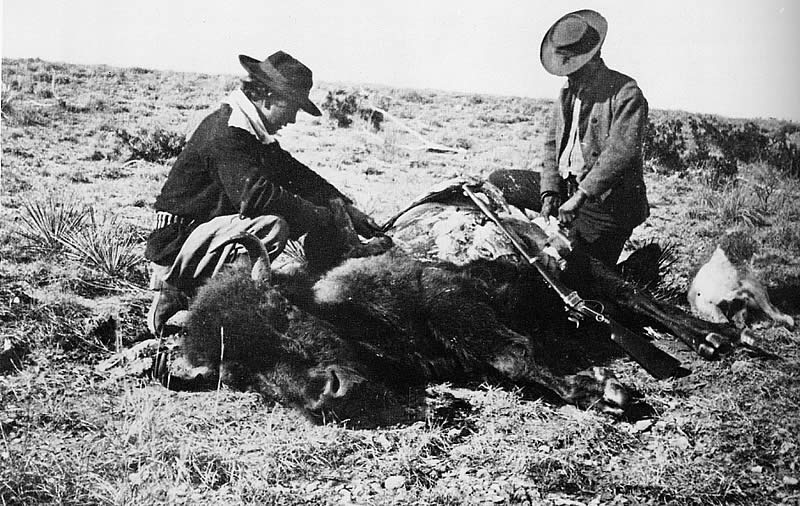
Continue reading Bob Dylan: Trail of The Buffalo (traditional)

